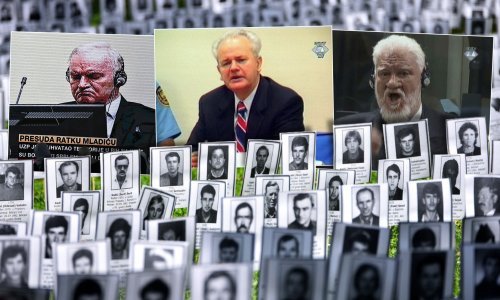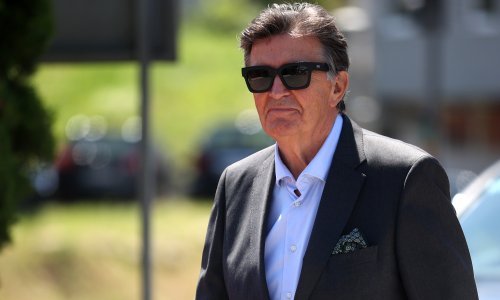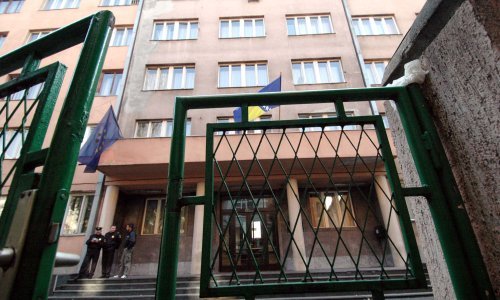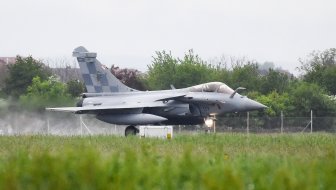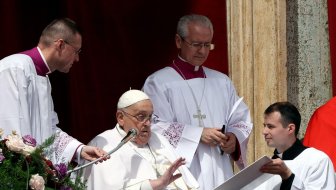The Office of the Prosecutor of the International Criminal Tribunal for the former Yugoslavia (ICTY) found no evidence against Bosnian General Jovan Divjak when investigating an attack on a Yugoslav People's Army (JNA) convoy in Dobrovoljacka Street in Sarajevo in May 1992.
ICTY prosecution advisor Frederick Swinnen told a press briefing in The Hague on Wednesday that in July 2002 the prosecution had received a case file from the Bosnian Serb entity about that event, with Jovan Divjak named among the suspects.
The tribunal conducted an independent analysis of the evidence provided by the local authorities.
After studying the case file about Jovan Divjak, the Office of the Prosecutor concluded that the information forwarded by the Serb authorities did not contain enough evidence for war crimes prosecution and the authorities in Bosnia and Herzegovina were notified of that, Swinnen said.
The Hague tribunal has never issued an indictment against Jovan Divjak, he said.
Divjak was arrested at Vienna airport last Thursday on an international warrant issued by Serbia which holds him responsible for the Dobrovoljacka Street case. He was released from extradition custody in Vienna on bail on Tuesday.
The Serbian prosecutorial authorities accused this retired Bosnian general of the killing and wounding of JNA soldiers while they were retreating from Sarajevo when the war broke out. While the JNA, which supported the Serb forces, was keeping the first Bosnian president Alija Izetbegovic hostage, a conflict erupted between the forces that were defending the city and the convoy of retreating JNA soldiers who were trying to leave the city with arms and military equipment.
Serbia also accused wartime Bosnian Presidency member Ejup Ganic of the same crime, but a London court refused to extradite Ganic after he was apprehended in London last year based on a Serbian warrant. The London court ruled that there was no evidence that Ganic was involved in what he was charged with.





